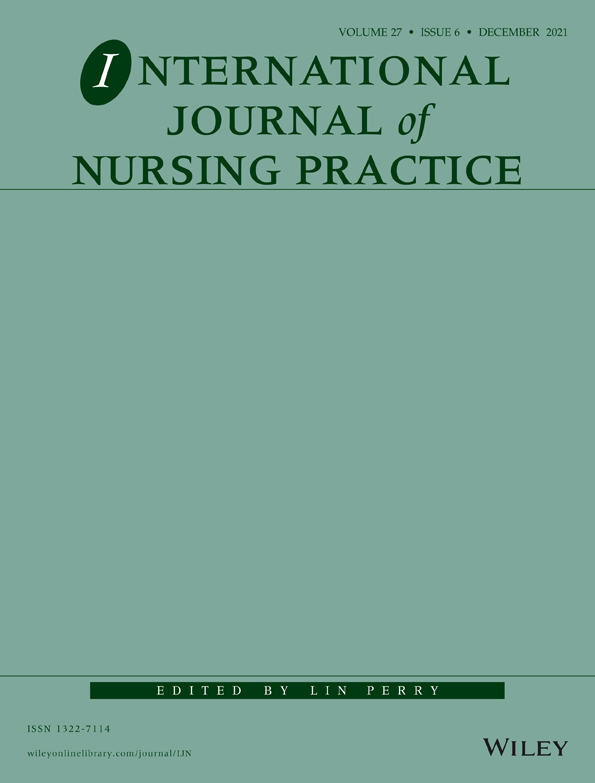Provider perceptions of hypertension care in a low-resource setting
Funding information: Fulbright US Global Scholar Award, Grant/Award Number: PS00245688
Abstract
Aim
Globally, the rapid increase of hypertension is particularly prevalent in low- and middle-income countries. Hypertension is the most significant modifiable risk factor for stroke and ischaemic heart disease, the leading cause of mortality in Vietnam. The aim of this study was to gain insight into the provision of hypertension care in Vietnam by exploring provider perceptions.
Methods
A sequential exploratory mixed-method design was selected to allow for the initial qualitative interview findings to be incorporated into the development of the hypertension education workshop. Data were collected through semistructured interviews of 15 Vietnamese clinicians involved in the care of patients with hypertension.
Results
Anxiety related to diagnosis of hypertension and specifically fear of having a stroke was mentioned by half of the participants. Several themes also emerged regarding barriers to implementing lifestyle modification to improve patient hypertension outcomes. There were contradictory opinions on the nurse's role in providing patient education across clinical settings. A lack of systematic structure and evidence-based teaching resources was also noted.
Conclusions
Gaining the provider's perspective increases understanding of the regional culture and context of hypertension care. The increased understanding can be used to improve provider education and enhance hypertension population outcomes.
CONFLICT OF INTEREST
The authors deny any conflict of interest related to the study.




